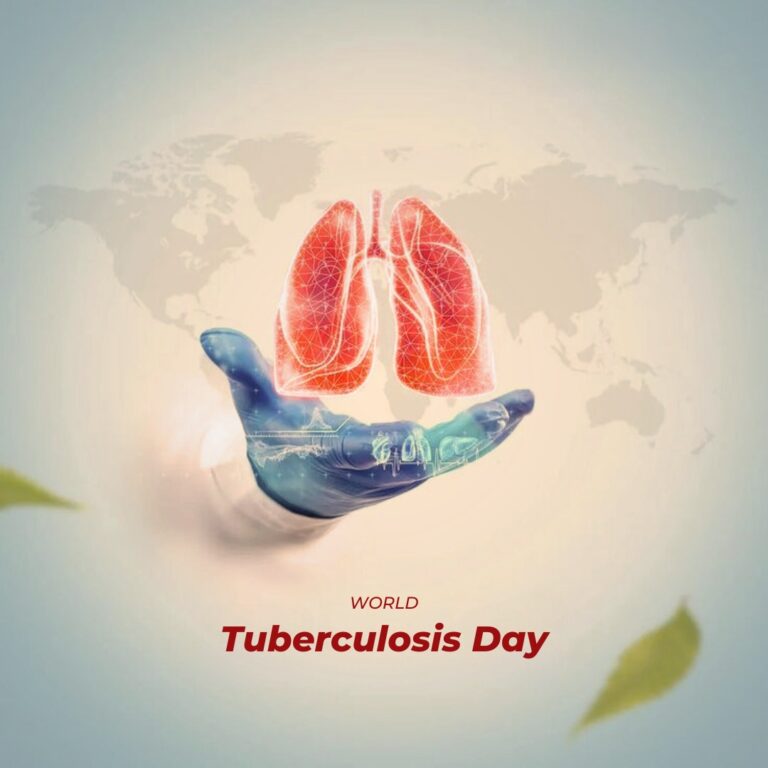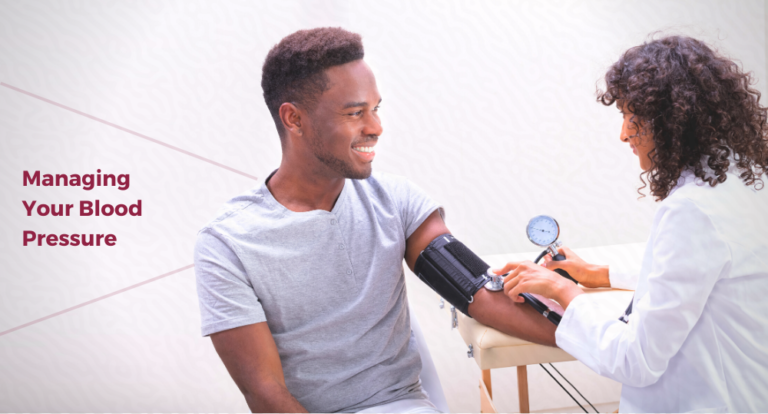What Exactly is a Drug Allergy?
Have you ever taken a medication and suddenly felt itchy, developed a rash, or had difficulty breathing? That! Could be a drug allergy! A drug allergy happens when your immune system overreacts to a substance in a medication, your body mistakenly treats it like a harmful invader. Once your body identifies it as a threat, it “remembers” it, meaning that the next time you take that medication, your body may react even more strongly.
Some people may react the very first time they take a drug, while others might only develop an allergy after multiple exposures. Either way, knowing the signs and what to do can make a huge difference in protecting your health.
Common Symptoms of Drug Allergies
Not all reactions to medication are allergies. But if you experience any of the following, you might be dealing with a drug allergy:
Mild to Moderate Symptoms:
- Hives (itchy, red welts on the skin)
- Skin rash
- Itchy skin or eyes
- Swelling (lips, tongue, or face)
Severe Symptoms (Seek Immediate Medical Help!):
- Difficulty breathing or wheezing
- Swelling in the throat
- Rapid heartbeat (palpitations)
- Dizziness or fainting
- Severe nausea, vomiting, or diarrhoea
If you experience any severe symptoms, call emergency services or visit the nearest hospital immediately. Don’t wait—it could be life-threatening.
Need expert advice? Contact NEM Health today for a consultation!
How to Prevent a Drug Allergy
While you can’t always predict a drug allergy, you can take steps to minimize the risk. Here’s how:
1. Avoid Known Allergens
If you know you’re allergic to a particular drug, avoid it completely. Inform your doctor, pharmacist, and even family members so they can help you stay safe.
2. Keep Your Medical Records Updated
Make sure your healthcare provider has an up-to-date record of any drug allergies you have. This will ensure they don’t prescribe something that could trigger a reaction.
3. Know Your Family History
Some drug allergies can have a genetic link. Ask your family members if they have any medication allergies—it might help you stay prepared.
4. Avoid Self-Medication
Taking medication without a doctor’s prescription increases your risk of encountering unknown allergens. Always seek professional medical advice before taking new medication.
Worried about medication safety? Request a free consultation with NEM Health’s experts today!
Your Health Matters—Take Charge!
Your body is your most valuable asset, so taking care of it should be a top priority. In addition to being cautious about drug allergies, here are a few essential health habits to adopt:
- Monitor your health regularly – Check your blood pressure, stay updated with health screenings, and listen to your body.
- Eat a balanced diet – Nutritious meals boost immunity and overall wellness.
- Stay hydrated – Water is essential for all bodily functions.
- Exercise regularly – A little movement every day goes a long way in keeping you fit.
- Get enough rest – Your body heals and recovers while you sleep.
Want expert guidance on health and wellness? Visit NEM Health’s website to learn more!

Final Thoughts
Drug allergies can be scary, but with the right knowledge, you can take control of your health. If you suspect you have a drug allergy or need professional guidance, don’t wait until it’s too late—reach out to NEM Health today for expert support and advice.
Stay informed, stay safe, and prioritize your well-being!
Looking for reliable healthcare services? Get in touch with NEM Health today to discuss your medical needs!





